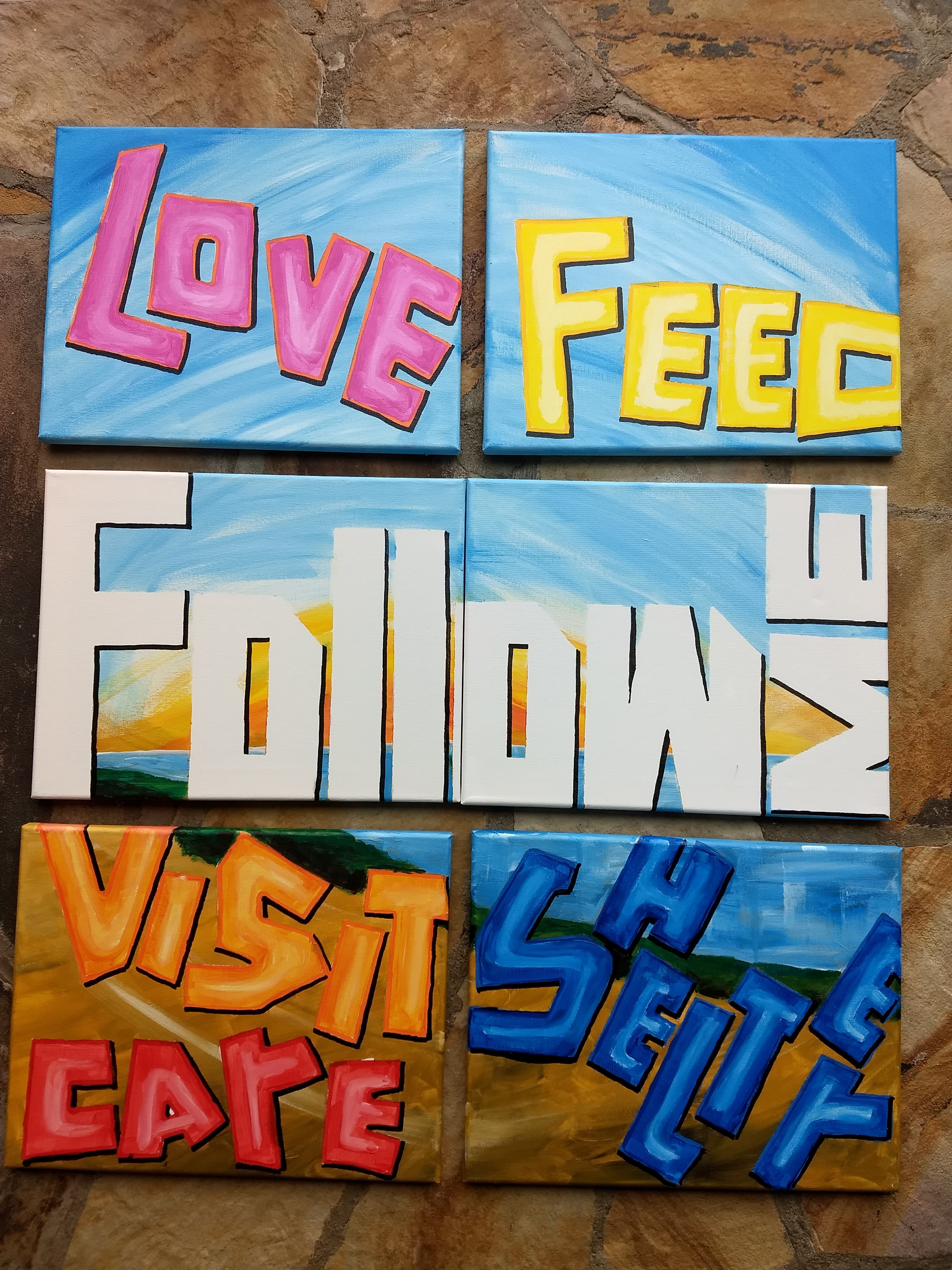Thirtieth Sunday in Ordinary Time
“Thus says the Lord: ‘You shall not molest or oppress an alien, for you were once aliens yourselves in the land of Egypt … If ever you wrong them and they cry out to me, I will surely hear their cry.’” (Exodus, 22:20-22)
My mother’s mother was an “alien.”
What that meant was that she had to say goodbye to all her family and friends and land and customs, risk travel on a boat that was probably anything but a vacation cruise, take the worst-paying job available, and become accustomed to a whole new culture.
Fortunately, she didn’t have to learn a new language or endure the humiliation of having a skin color that was seen as degrading.
Yet, at the time she came to America as a poor immigrant from Ireland, she was deeply resented because she was a “papist,” endlessly criticized because she was taking a job away from a “true American,” and consistently looked down upon because she was “lower class” and poorly educated and probably an Irish “drunk” – the last of which she certainly was not!
But she was an alien, a stranger, an immigrant.
Our first reading today addresses the issues of aliens, or strangers, in a foreign land. And it couldn’t be more timely because this has presently become one of the most prominent social disputes in our country.
It’s also a problem that brings us face-to-face with the Gospel reading we heard today:
A reading that tells us as clearly as anything can that love of God must be expressed in our love of those who are our neighbors, those who have often risked their very lives to travel to our lands.
At the time of Jesus, the Jewish religion contained 613 commandments!
Consequently, the teachers of the divine Law divided these decrees into categories of “easy” and “hard,” “serious” and “light,” “small” and “large.” It’s easy to see why people would want to find their way through such a maze by cutting to the core.
And that’s precisely what the questioners of Jesus in today’s Gospel tried to do: cut through the confusion and get to the heart, the core, of all these teachings.
Which is the most important of all, Jesus is asked?
Which lies at the center?
Which is most essential?
That’s when Jesus responds by summarizing all these hundreds of commandments and narrowing them down to what stands as the centerpiece that shines through all the rest:
Love God “with all your heart, and with all your soul, and with all your mind.”
Of course, this was precisely what those asking the question of him expected. After all, this was the prayer that every Jewish male prayed daily: the Shema.
As far as they were concerned Jesus had passed the Morality 101 course.
But then Jesus surprises them – and us! – by adding a whole new dimension to his answer:
“The second is like it: You shall love your neighbor as you love yourself.”
And, if that were not enough, he then delivers still another revelation:
“The whole Law and the prophets depend on these two commandments.”
In other words, all 613 commandments and everything the great prophets preached over hundreds of years – all of these are summed up in two commandments of love.
Once again Jesus blows the minds of his questioners, and, in doing so, further alienates them from him.
To this day, Jesus is still confronting and shocking all of us – especially those of us who want to separate and divide the two “loves” from one another.
Jesus dares to tell us in today’s Gospel that we don’t get to choose between love of God and love of every person created by God. We don’t get to decide for ourselves who is to be cared for and who is not. We don’t get to make a distinction between who “deserves” our love and who doesn’t, or who has the “right” to receive our compassion and who doesn’t.
Jesus does not separate the two “loves.” They are two sides of one coin. They are paired.
As one scholar writes:
“There is no ‘sacred space’ where we can commune alone with God, away from other people. Any love of God that leaves out God’s sons and daughters is a great lie.”
When Jesus tells us, then, to “love our neighbor as ourselves,” he’s telling us in no uncertain terms that we are to love our neighbor in the same way we hope to be loved. We are to take care of our neighbor in the same way we want to be cared for.
That’s why the bishops of America and Mexico co-wrote a document called Strangers No Longer: Together on the Journey of Hope.
What they teach in this text is that the earth belongs to all peoples. They fully admit that countries have the right to “control their territories.” But when people must migrate to find employment or flee war and persecution, their human rights must be respected.
To quote this powerful document:
“Regardless of their legal status, migrants, like all persons, possess inherent human dignity which should be respected. Government policies that respect the basic human rights of the undocumented are necessary.”
New neighbors want to come to our country today for the same reason my grandmother did many years ago: they’re hungry; they’re impoverished; they’re desperately in need of work and homes and a chance for decent education for their children.
The good news is that, according to the Pew Research Center, 77% of U.S. Catholics support immigration reform that includes a pathway to citizenship.
This is what has made our country a great one: the ability to accept the “tired … poor … huddled masses yearning to breathe free,” as our Statue of Liberty proclaims so proudly, and create out of that mix of talent and creativity a place that gives hope and freedom to every new generation.
My grandmother was an alien.
So were many of your grandparents and great-grandparents.
Let us pray together that we will continue our great American tradition of trying to live out the promise that was given them. And let us at the same time remember the words spoken so passionately by our God long ago:
“… you were once aliens yourselves …. If you ever wrong them and they cry out to me, I will surely hear their cry.”
Ted Wolgamot, Psy.D.





